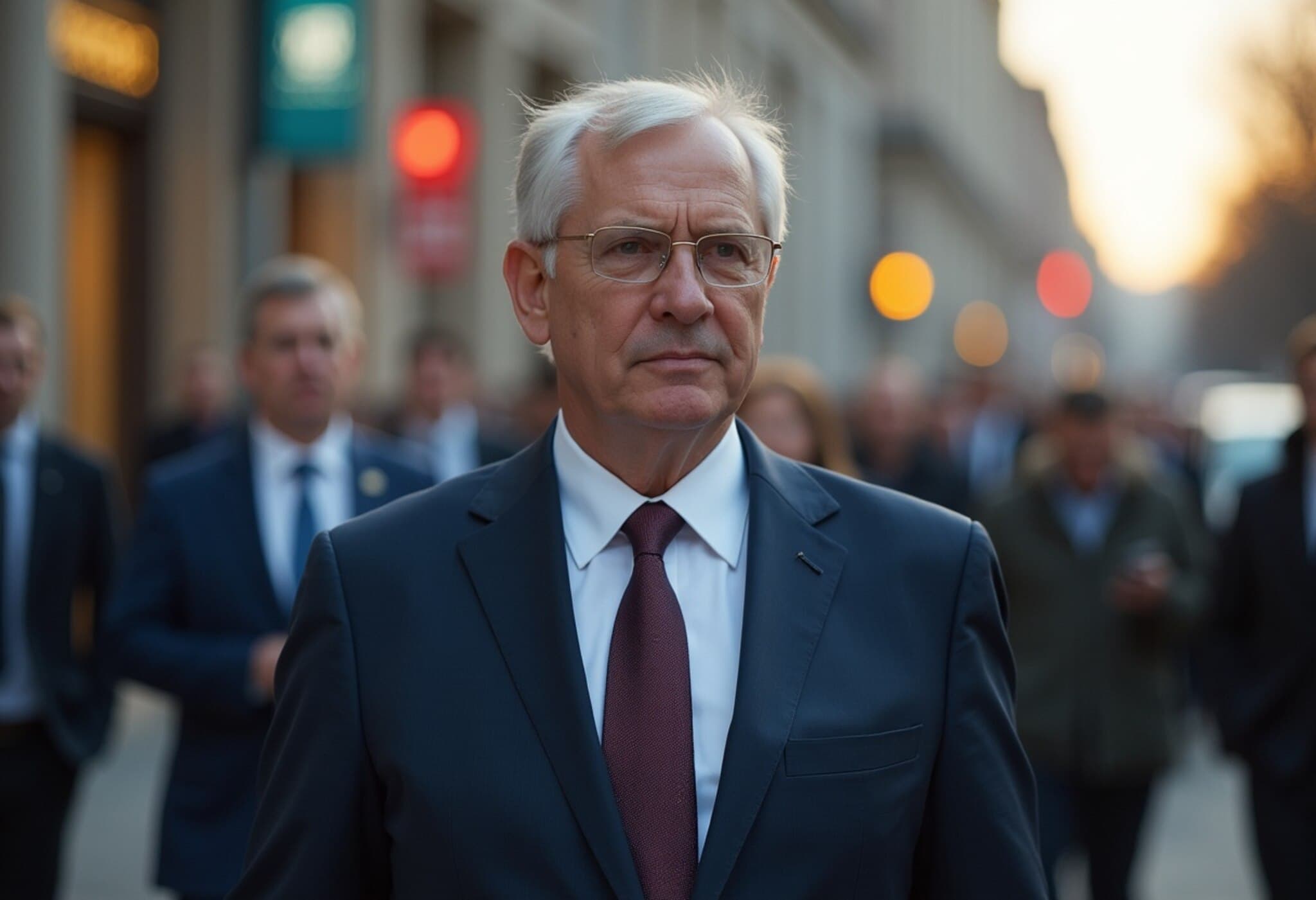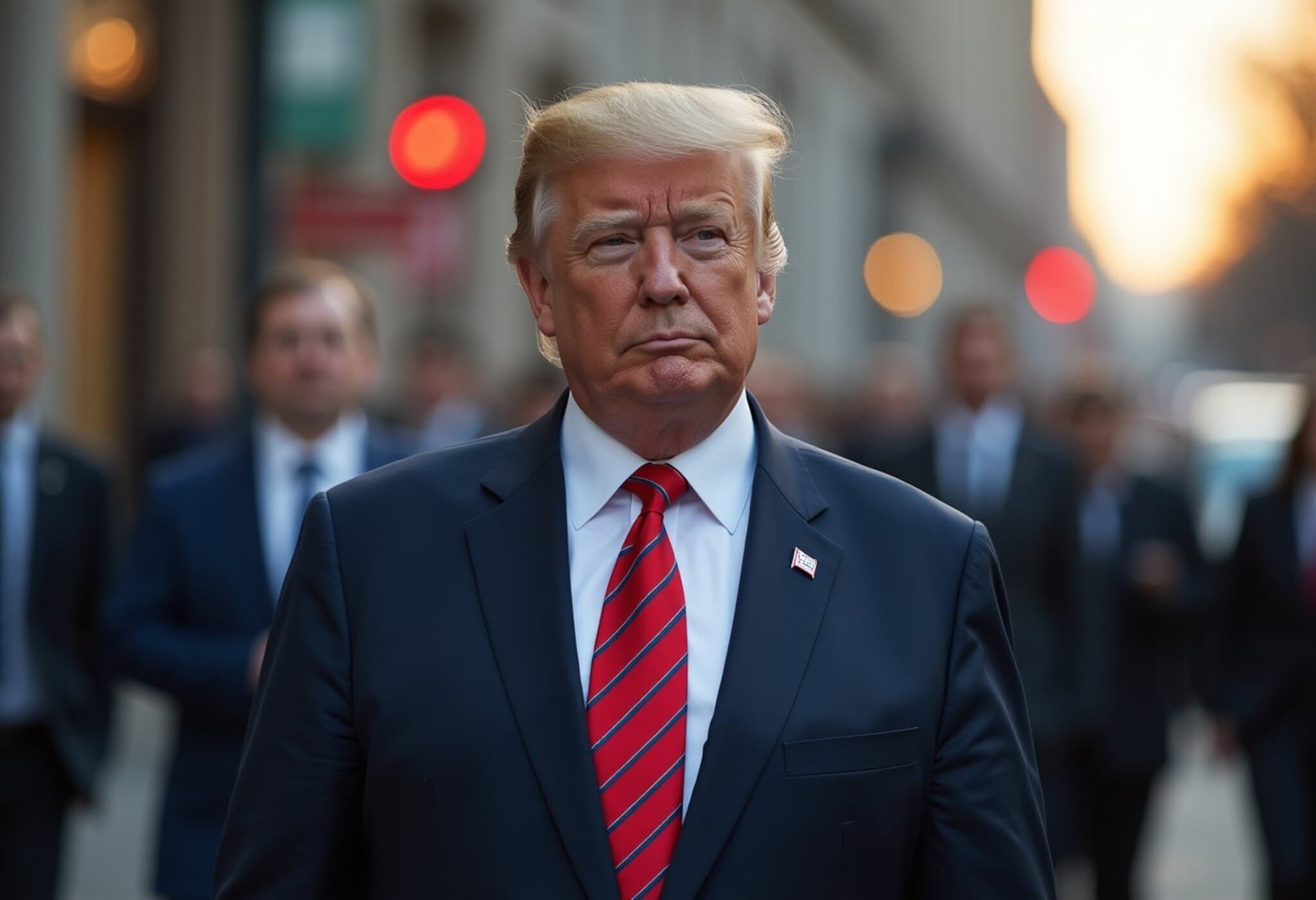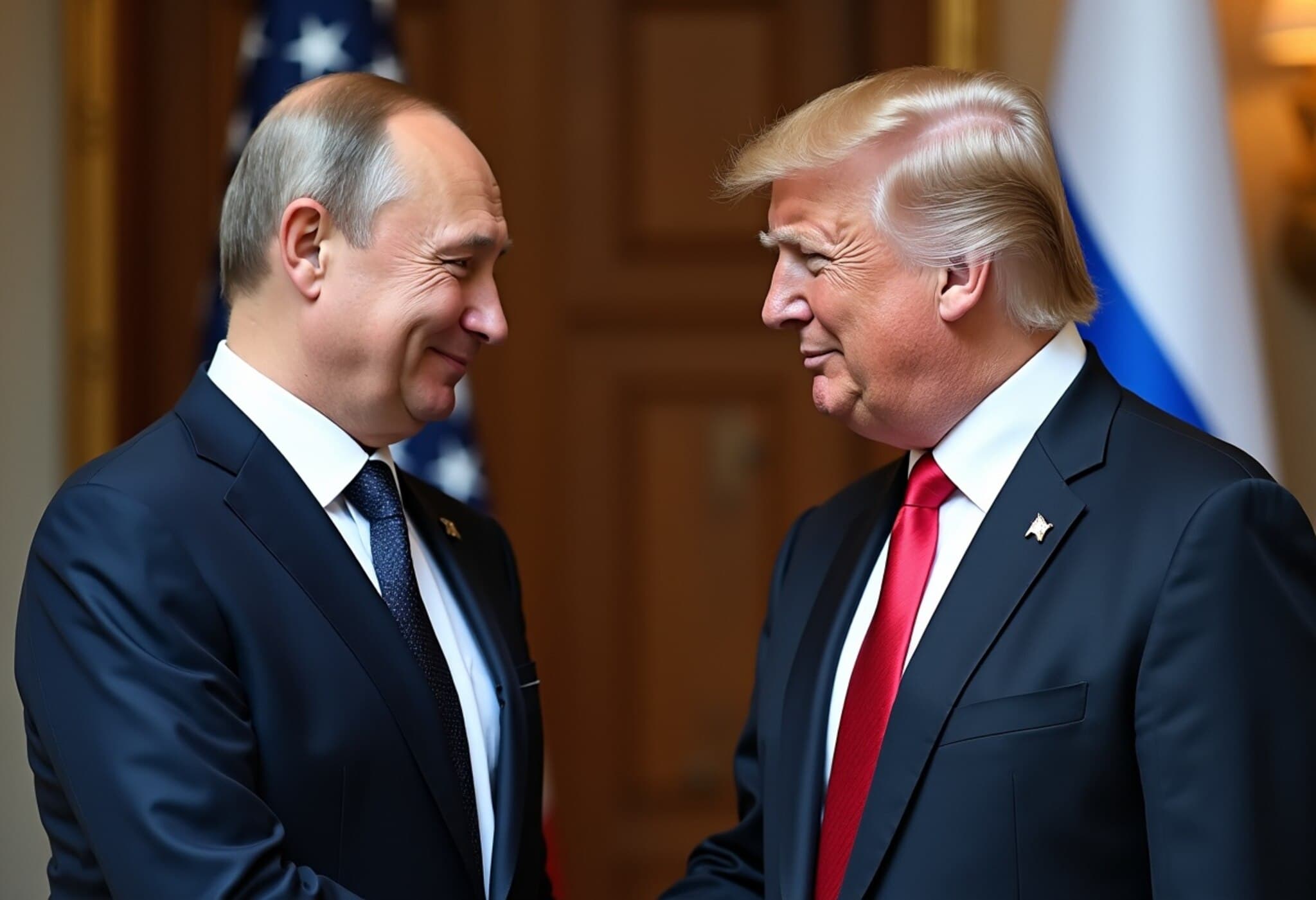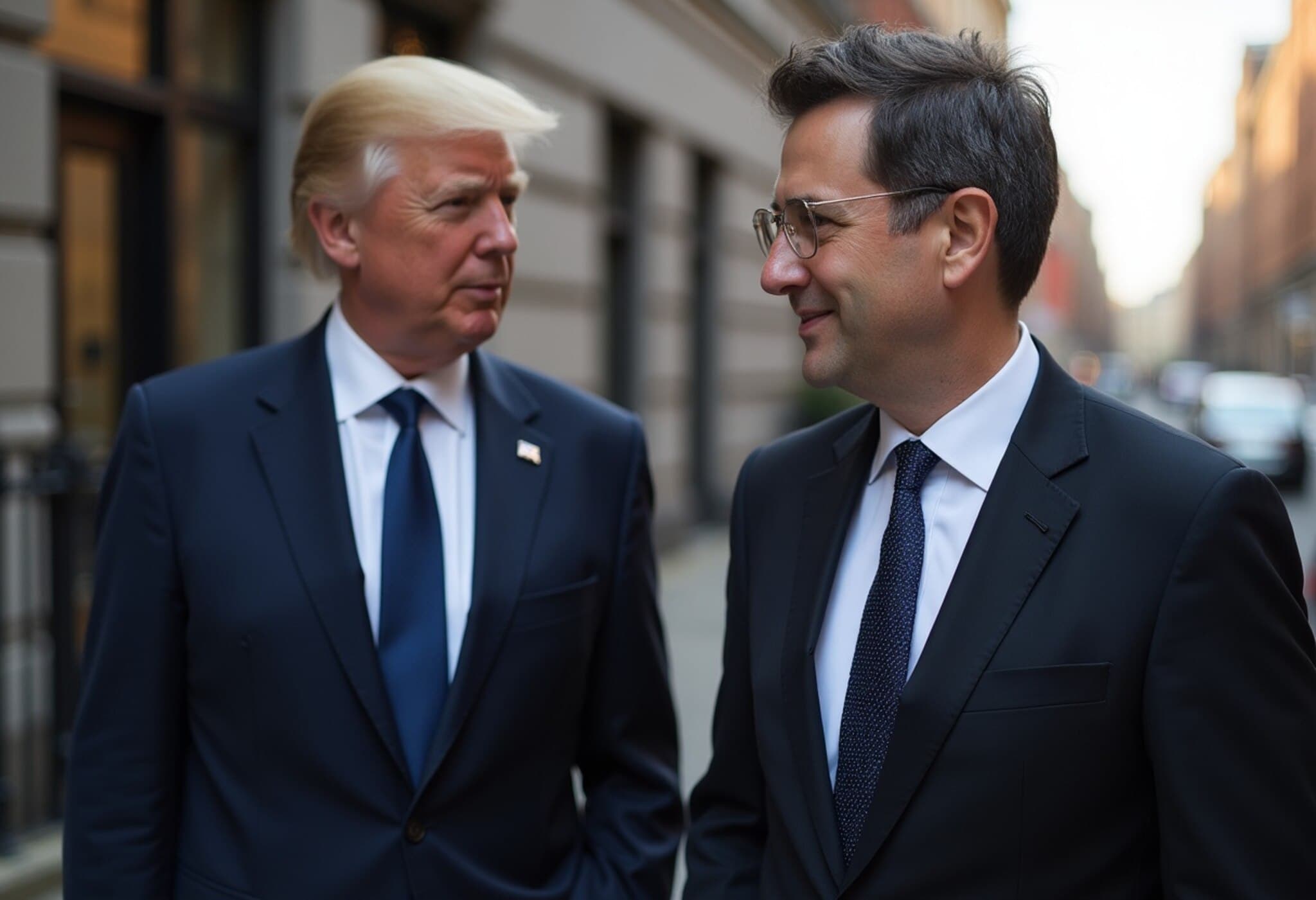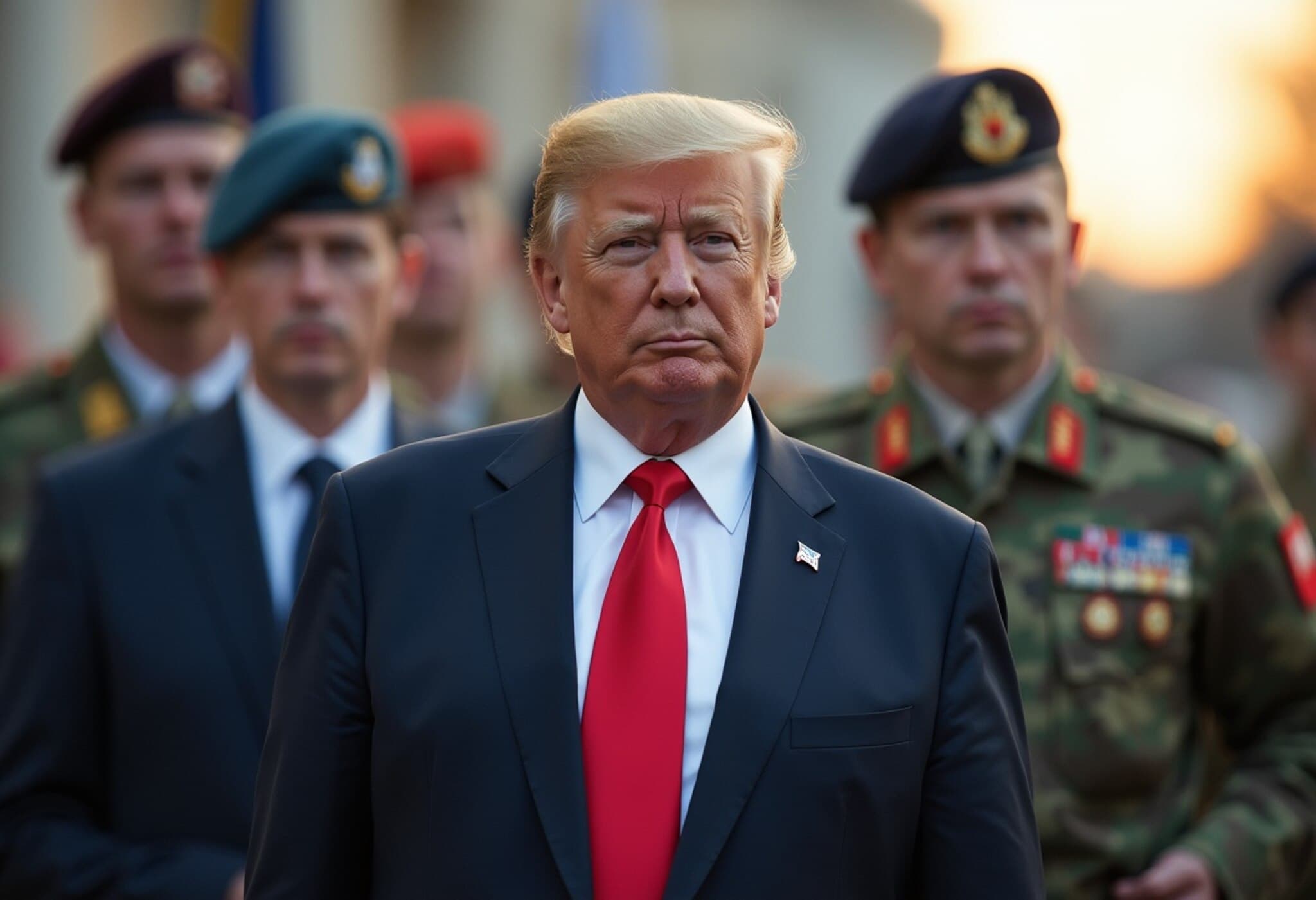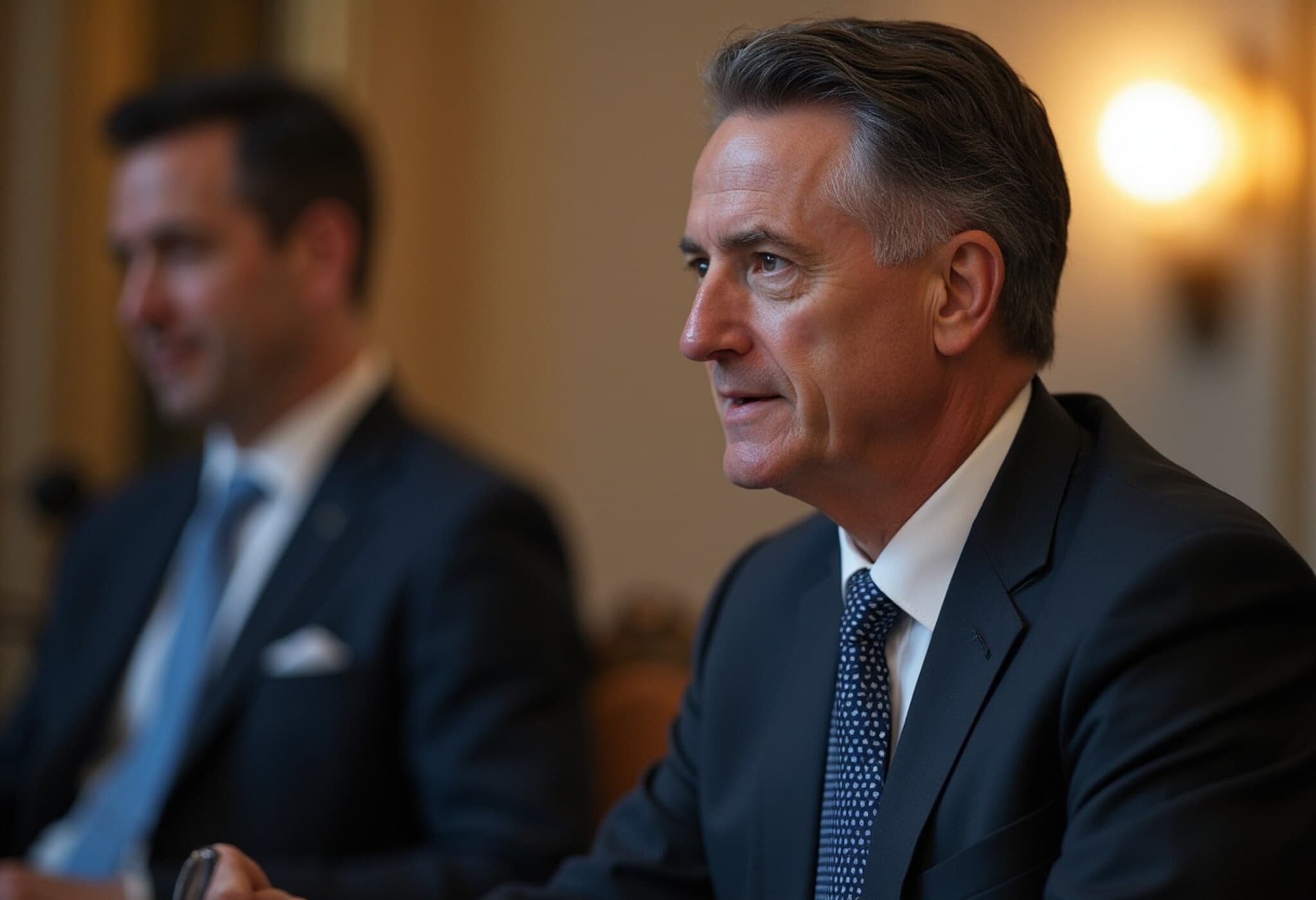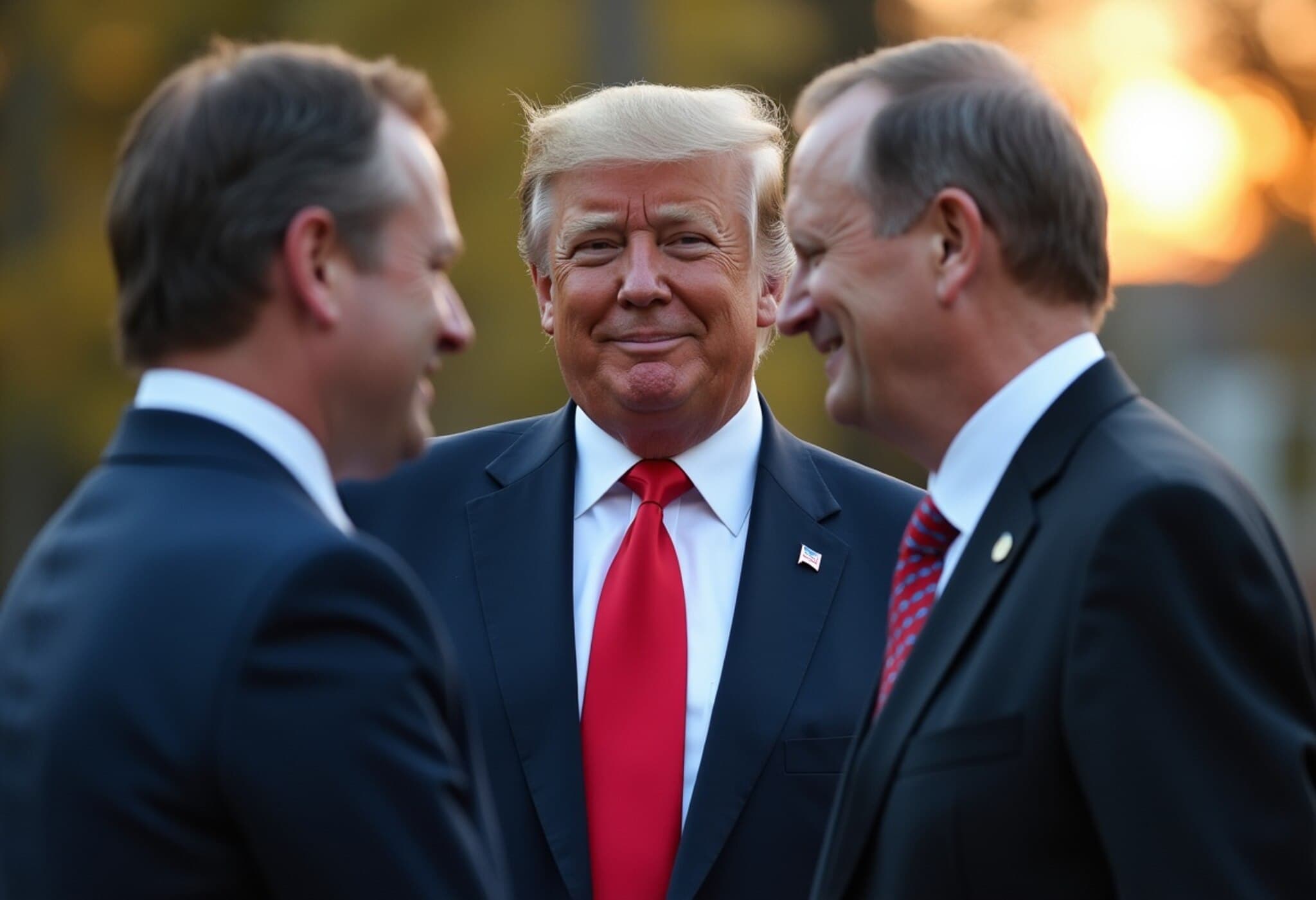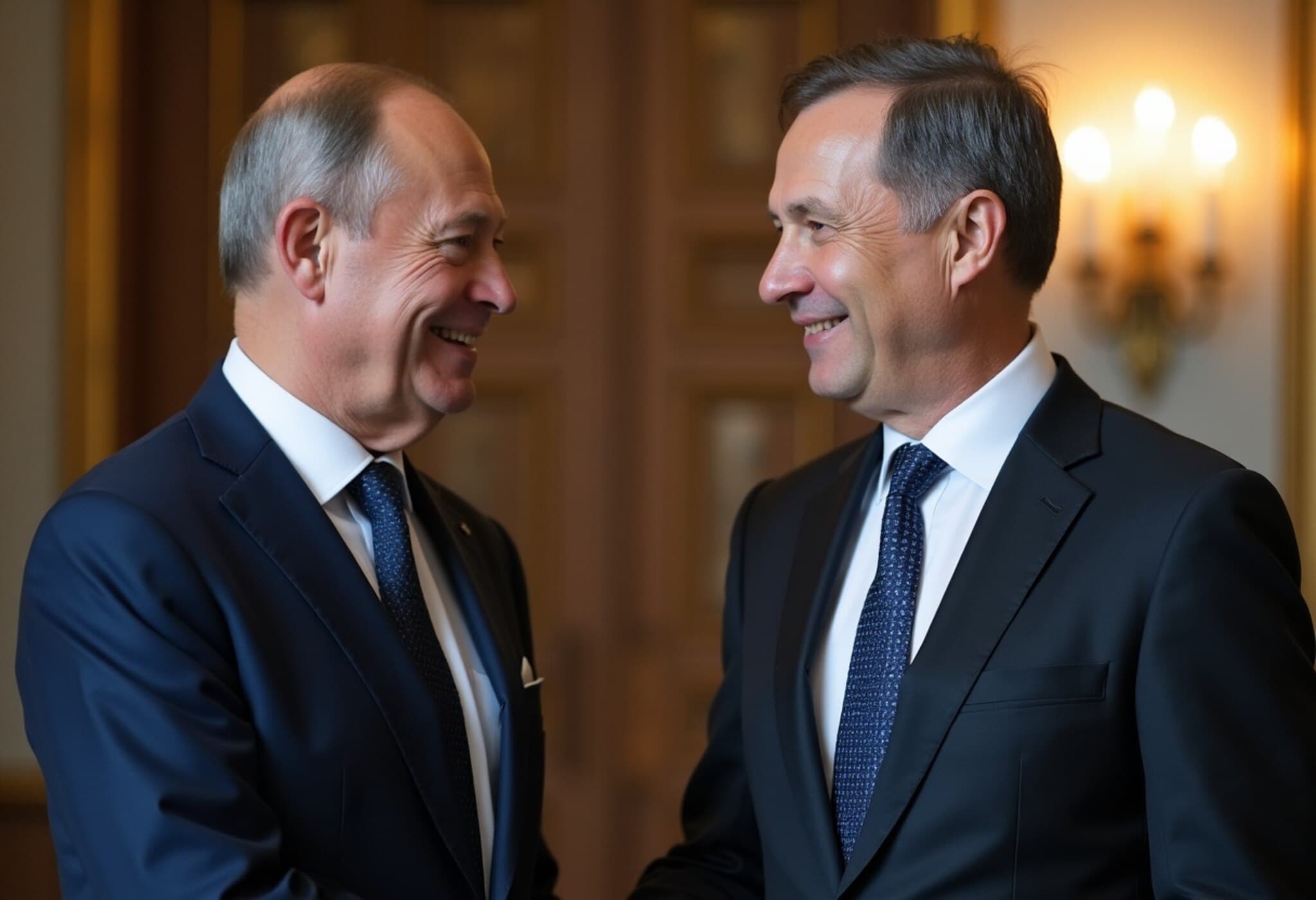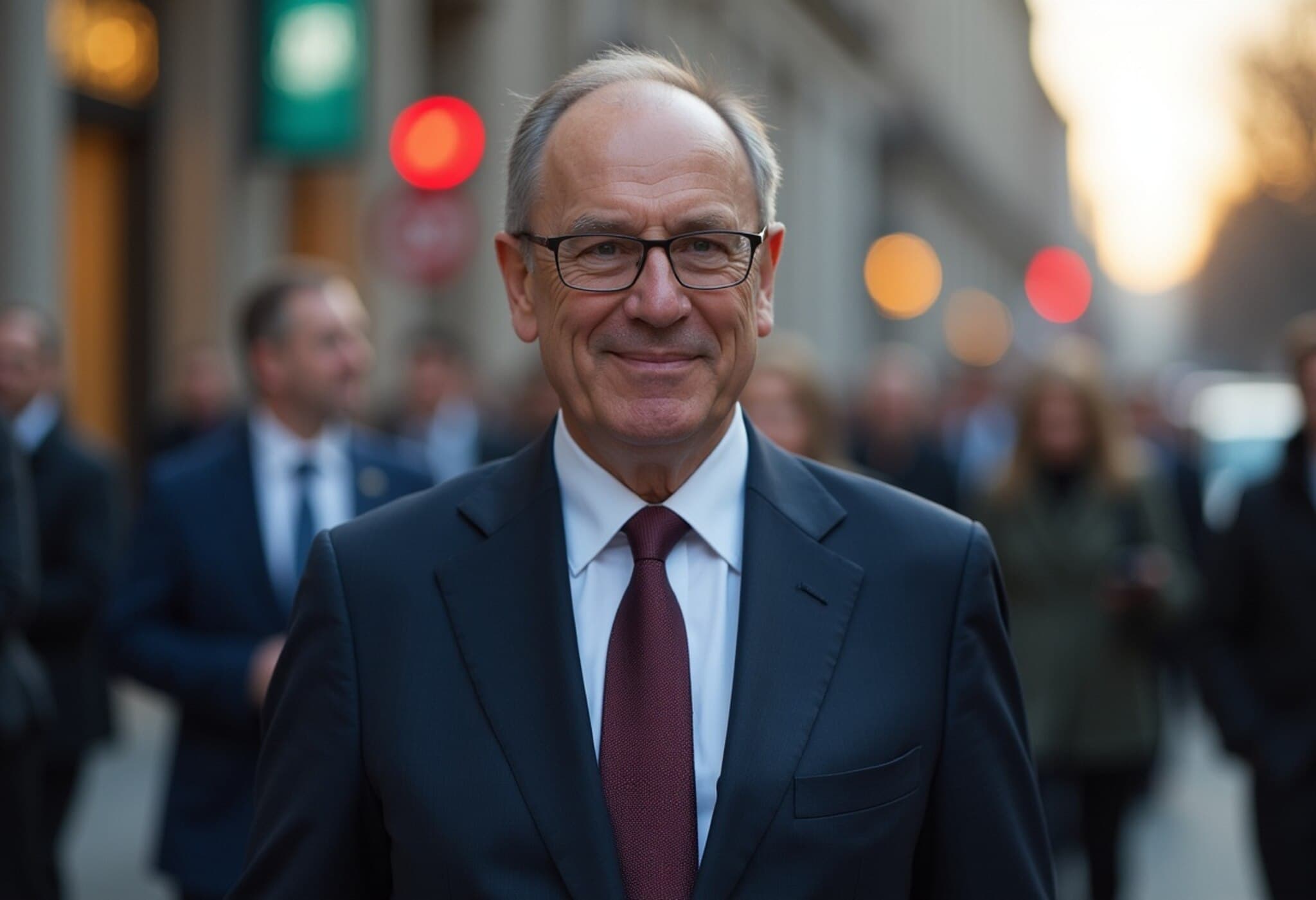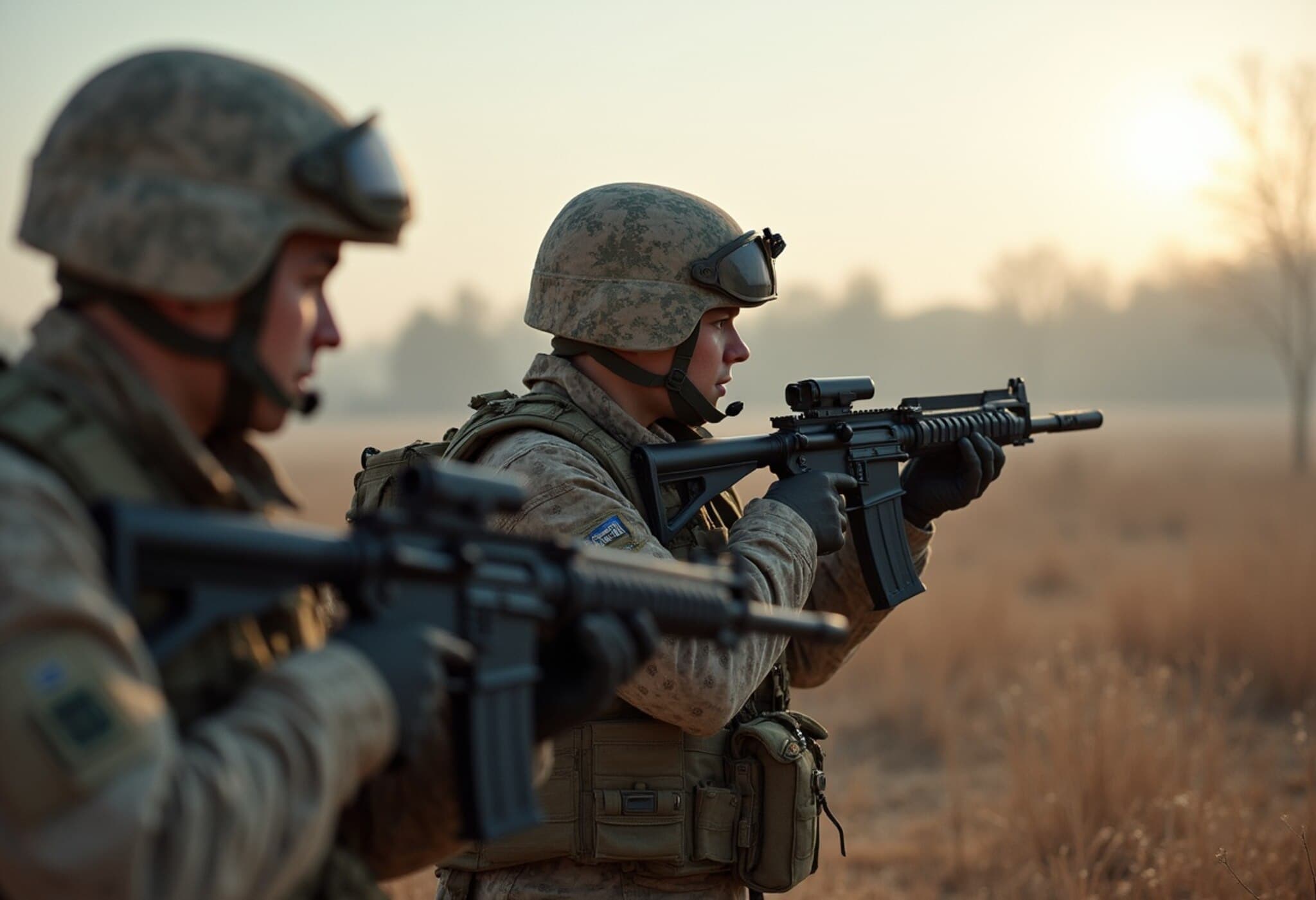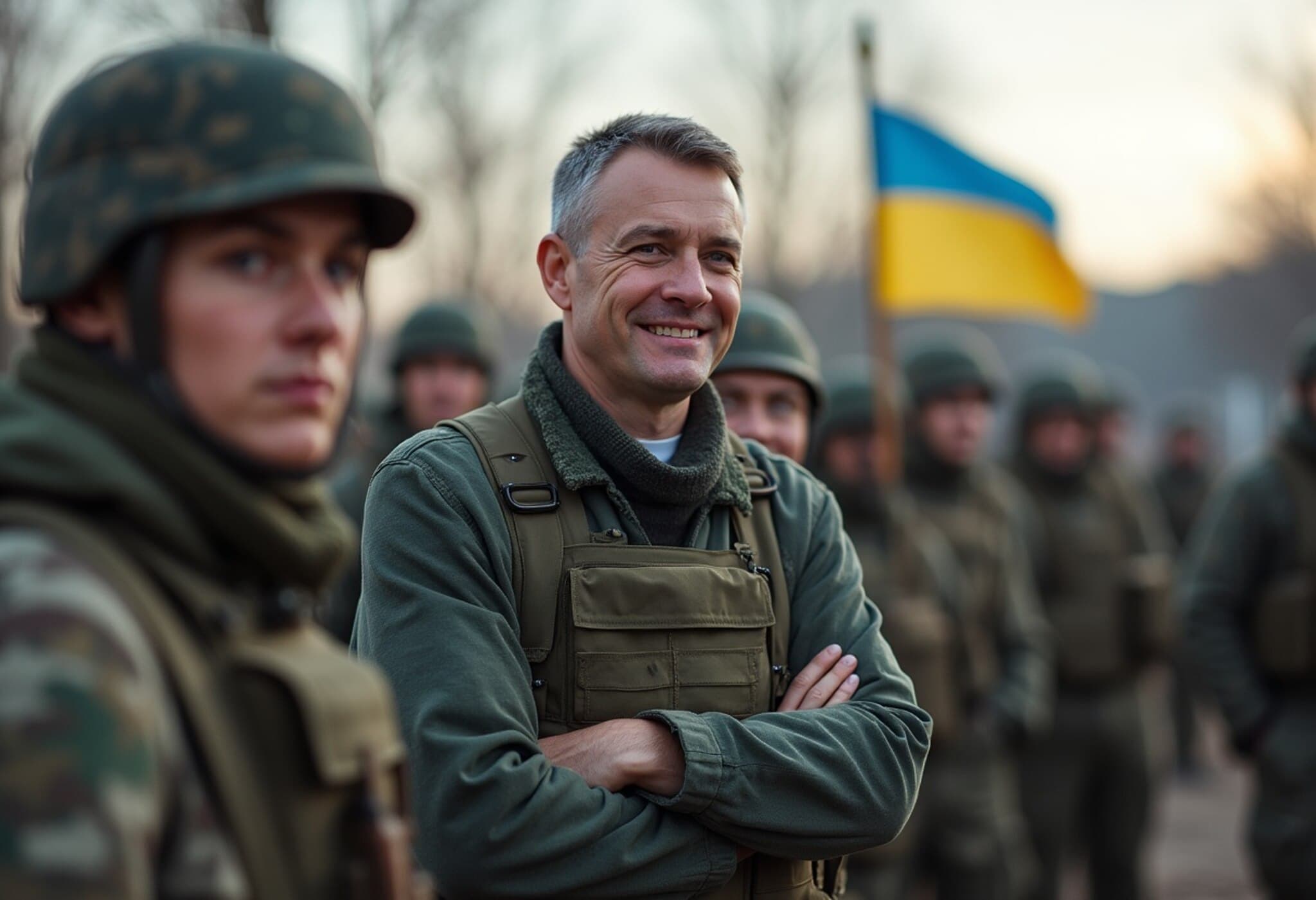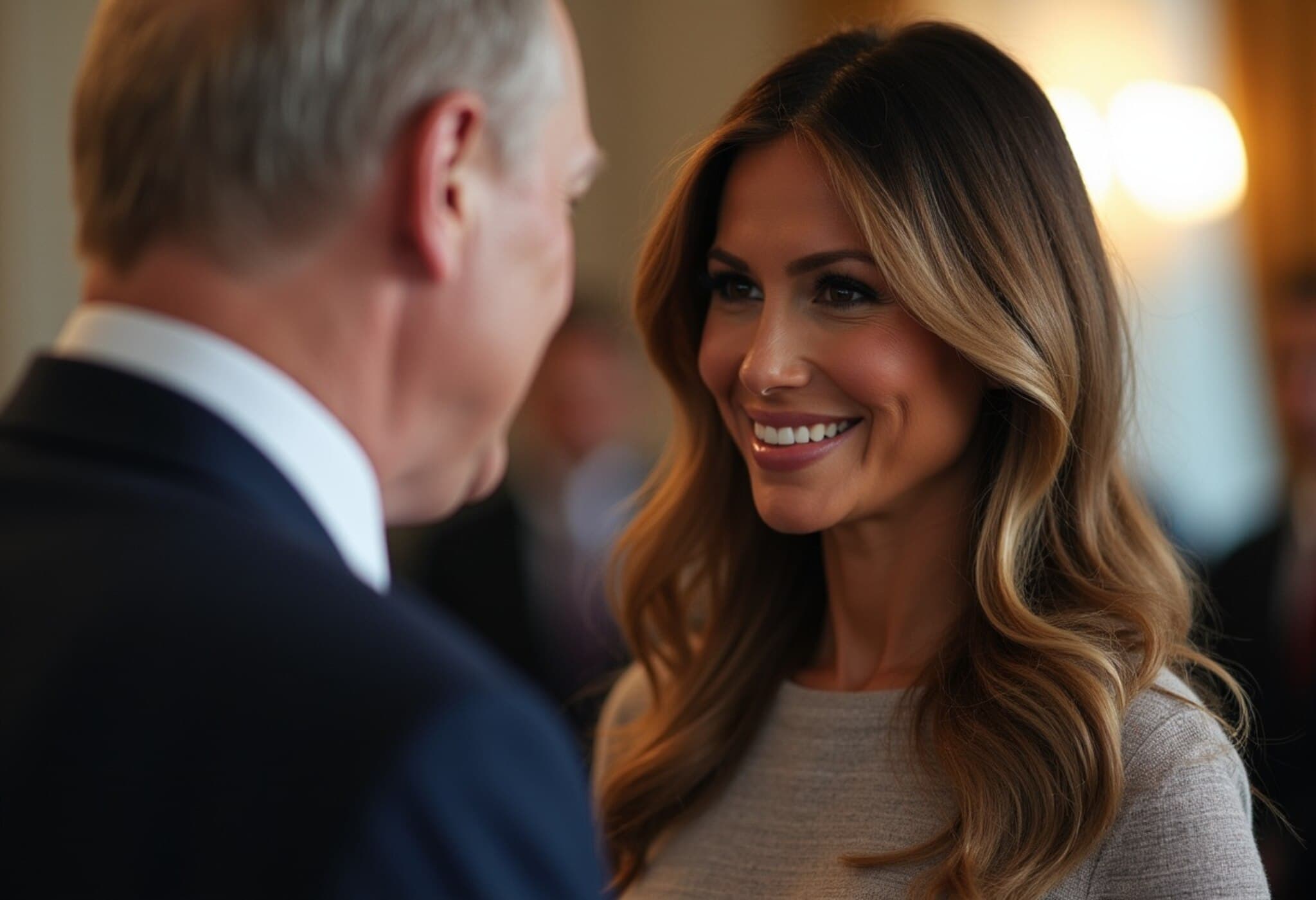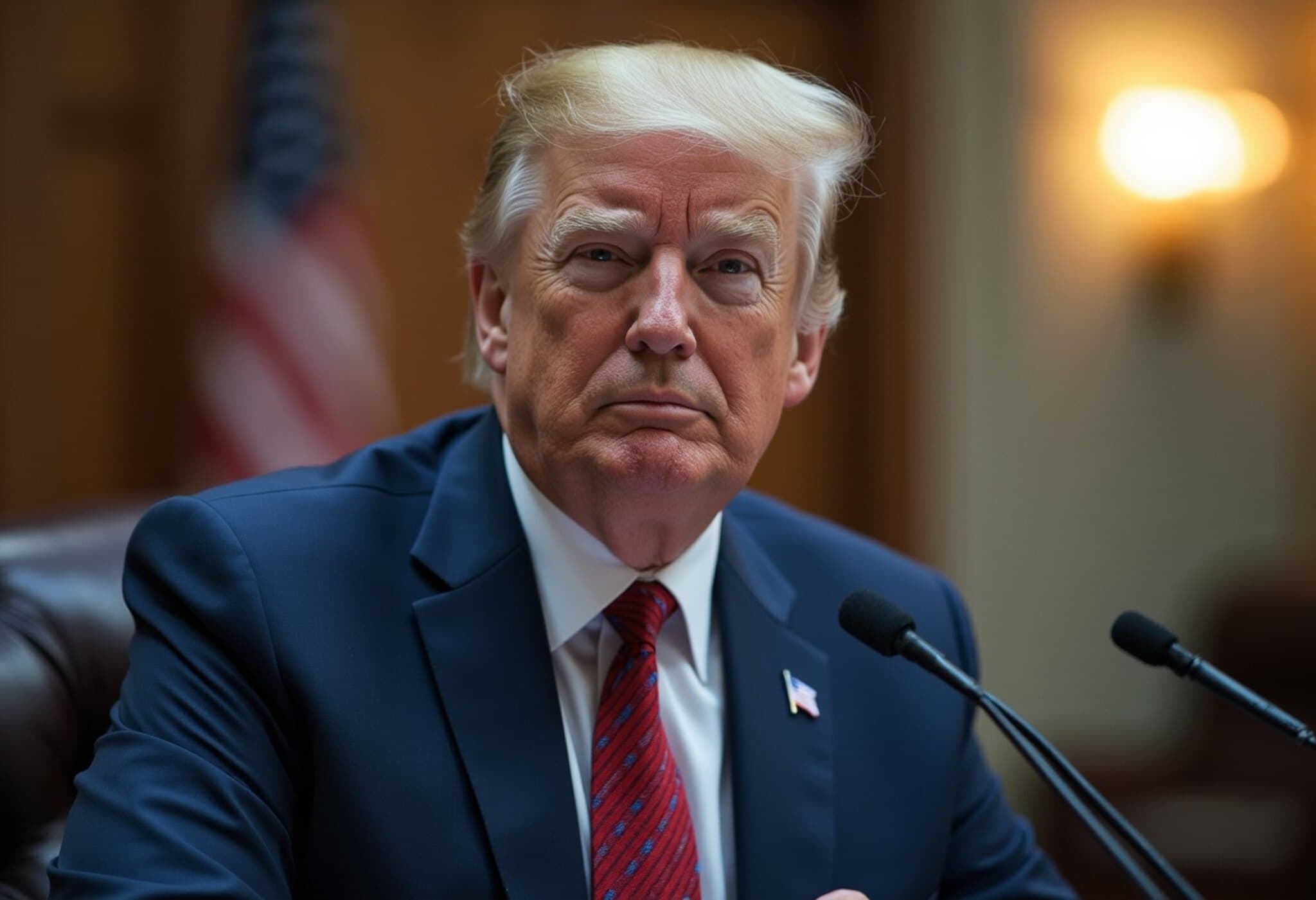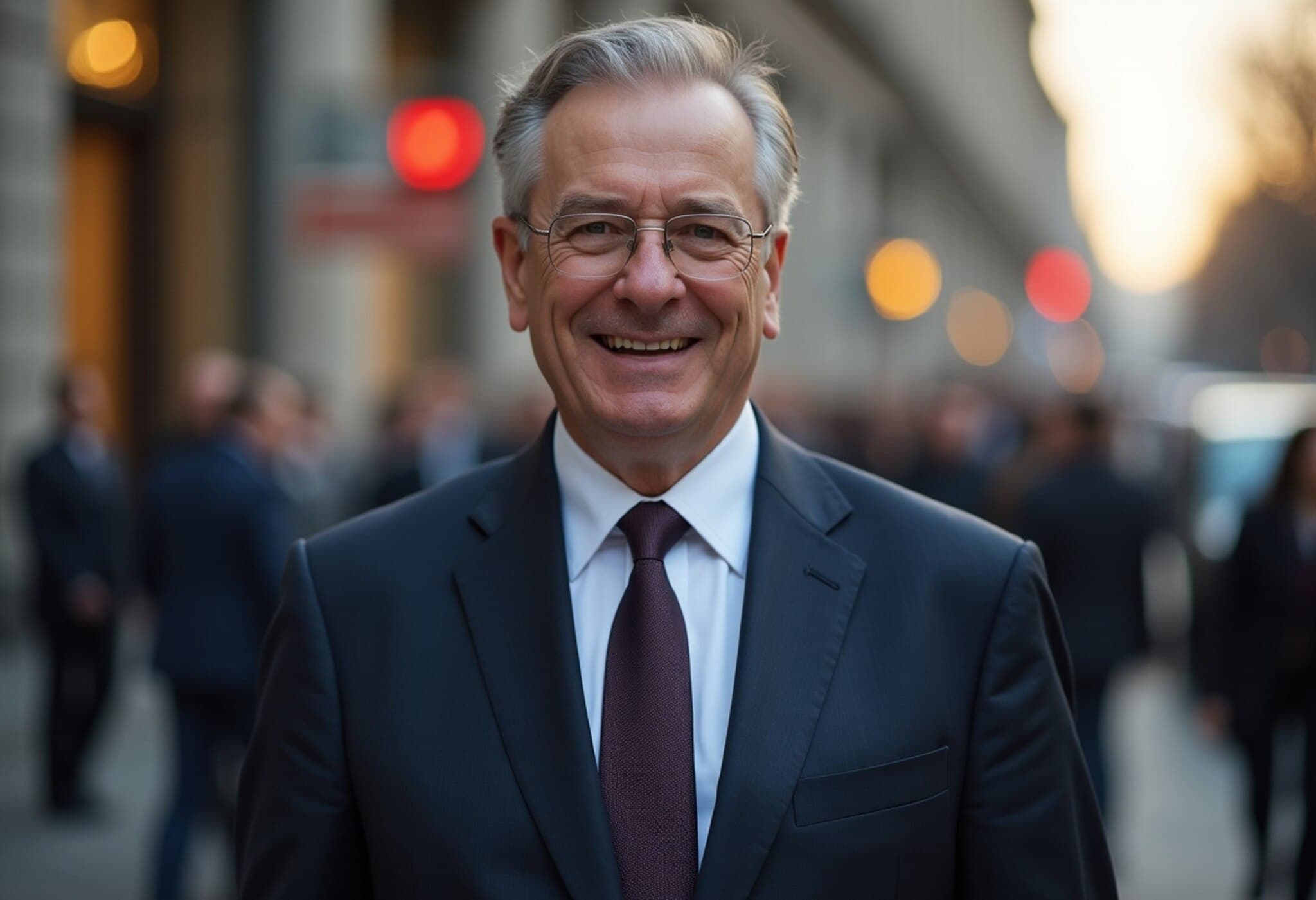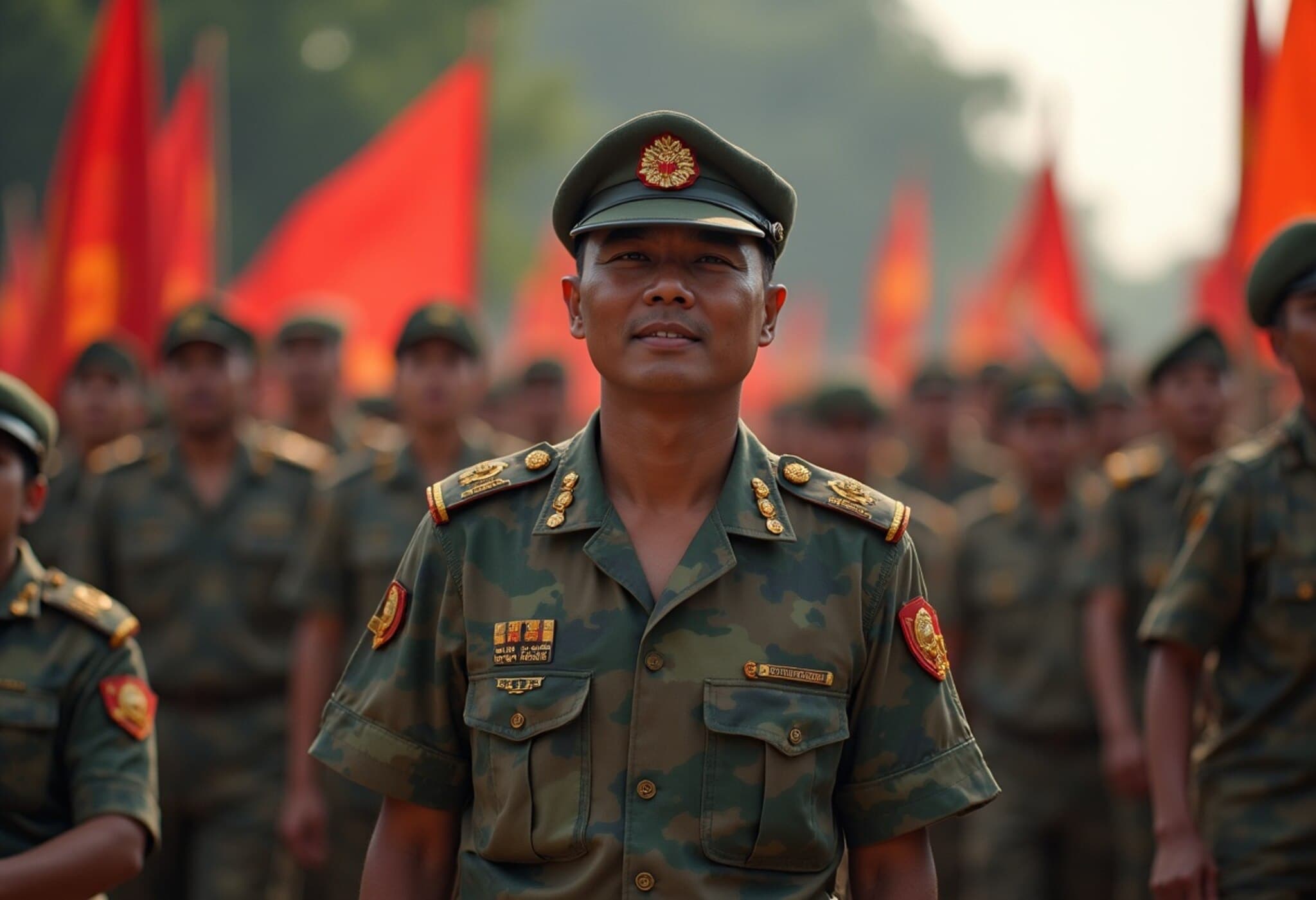Ukraine’s Crossroads: Between Defiance and Pragmatism
As Ukrainian President Volodymyr Zelenskyy prepares for a crucial discussion with former US President Donald Trump, the world watches closely. The war in Ukraine, now spanning over three years, has dragged on with severe human and economic costs. Yet amidst the ongoing conflict, a pressing question remains: can Zelenskyy sustain his relentless pursuit of “absolute victory,” or is it time for a more pragmatic path to ensure Ukraine’s survival and future prosperity?
Animal Farm’s Boxer Syndrome: A Cautionary Analogy
To understand the challenge Zelenskyy faces, consider the words of Boxer—the steadfast, hardworking cart-horse in George Orwell’s Animal Farm:
“I do not understand it. I would not have believed that such things could happen on our farm. It must be due to some fault in ourselves. The solution, as I see it, is to work harder.”
Boxer’s tragic loyalty blinds him to the exploitation around him, compelling him to double his efforts rather than question the system. Likewise, Ukraine's ongoing struggle risks echoing this pattern—where sheer determination meets growing exhaustion without reexamining the strategic realities on the ground.
The Historic and Geopolitical Reality of Ukraine
Since its independence in 1991, Ukraine has lived at the intersection of two great spheres of influence: Russia to the east and a Western alliance led by the European Union and NATO to the west. This unique geopolitical positioning has offered opportunities but also exposed the nation to sustained turmoil.
- Shared history with Russia: From the medieval Kyivan Rus to centuries under the Russian Empire and the Soviet Union, ties between Ukraine and Russia are deep and multifaceted—culturally, linguistically, and economically.
- Economic dependencies: Prior to recent conflicts, Russia was Ukraine’s largest trading partner and primary natural gas supplier. These links don’t simply dissolve with political realignments or military aid.
- Geographic realities: Ukraine’s location makes it more of a bridge between East and West than a rigid boundary, underscoring the challenge of sustaining perpetual hostility with a neighbor of Russia’s scale.
The Human and Economic Toll of the Conflict
Since Russia’s escalated invasion in 2022, Ukraine has endured catastrophic costs:
- Lives lost: Tens of thousands perished, with millions displaced internally and abroad.
- Widespread destruction: Critical infrastructure—power grids, hospitals, schools—lies in ruins.
- Economic contraction: Foreign investment dried up, businesses shuttered, and reconstruction costs balloon into the hundreds of billions.
For the everyday Ukrainian, this war is not an abstract geopolitical contest but a daily struggle for survival. Zelenskyy’s unwavering resolve has commanded admiration globally, yet the long-term vision for rebuilding shattered cities and restoring civil society remains uncertain.
Western Support: Essential but Conditional
Ukraine’s pivot to the West after 2014 brought critical security guarantees and economic opportunities. Post-2022, Western nations have supplied invaluable military aid and humanitarian aid. Yet this support carries complex realities:
- Conditional assistance: Aid often depends on political reforms and strategic calculations of donor countries.
- Geopolitical caution: NATO enlargement remains stalled to avoid escalating tensions with Russia.
- Dependency risks: Reliance on external backing may hinder Ukraine's sovereign decision-making and prolong conflict.
The Inescapable Neighbor: Russia’s Enduring Role
Regardless of current animosities, Russia’s proximity, power, and historical ties mean it will remain Ukraine’s dominant neighbor for decades. Embracing a future solely defined by confrontation risks endless instability.
Drawing lessons from history, countries once embroiled in bitter rivalry—such as France and Germany post-World War II or Vietnam and the United States—have shown that pragmatic coexistence, though difficult, is achievable and necessary.
The Donetsk Dilemma: Defending Land or Preserving Lives?
One of the war’s most painful issues is the status of Donetsk and the wider Donbas region. While historically an industrial hub, years of conflict have reduced it to a wasteland. Continuing to fight for its contested control comes at high costs, draining resources and lives.
Some argue that ceding Donetsk to Russian control could represent a difficult but realistic step toward stabilizing Ukraine’s frontiers and redirecting efforts toward rebuilding more secure regions like Kharkiv and Odesa.
This perspective is bolstered by historical precedents demonstrating that territorial concessions, while painful, do not preclude national recovery and resurgence.
Reevaluating the Price of Victory
Zelenskyy’s vision of absolute victory resonates powerfully with national pride and global sympathies. Yet, the complex realities offer a more sobering picture:
- Russian military capacity: Russia’s considerable reserves and nuclear arsenal make total defeat unlikely.
- Limited Western endurance: Donor countries show growing signs of aid fatigue amid shifting political landscapes.
- Endless attrition risks: A prolonged war could devastate Ukraine’s population and economy beyond repair.
Accepting these limitations isn’t about surrender but a clear-eyed appraisal of what Ukraine’s future demands.
Zelenskyy’s Leadership Challenge: Courage Meets Realism
Rising from comedian to wartime leader, Zelenskyy has become a symbol of resilience and hope. Yet leadership demands more than passionate defiance—it requires strategic foresight and the courage to make unpopular choices for long-term benefit.
Balancing the imperatives of sovereignty, national pride, and human security creates an unprecedented dilemma. Risking continued suffering for territorial integrity, or negotiating peace with concessions, both carry heavy political and moral burdens.
Toward a Balanced, Sustainable Peace
Experts agree that Ukraine’s future depends on:
- Stability and security to rebuild lives and infrastructure.
- Pragmatic diplomacy balancing Western aspirations with necessary engagement with Russia.
- Preservation of life as the ultimate priority over purely symbolic victories.
This nuanced approach acknowledges the reality of geography and history, seeking a peace that secures Ukraine’s independence without perpetual war.
Editor’s Note
Ukraine’s conflict stands at a defining moment where the price of pride may clash with the imperative to save lives. President Zelenskyy’s leadership will be judged not just by his capacity to resist aggression but by his ability to secure a livable peace. As geopolitical winds shift and local scars deepen, the question lingers: can Ukraine reconcile its sovereignty with the hard compromises that peace demands? The world watches, hopeful but mindful that history’s lessons must guide future choices.

